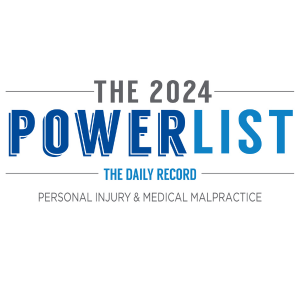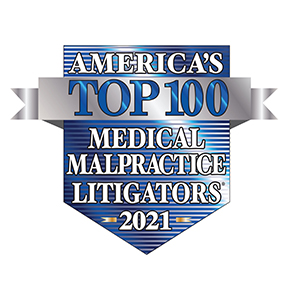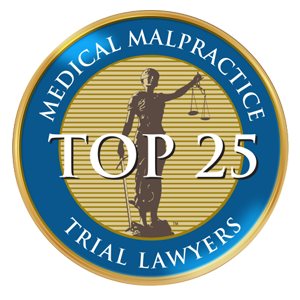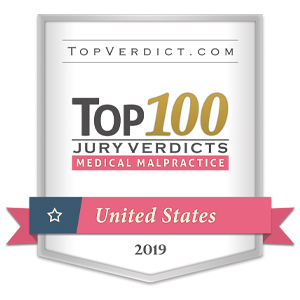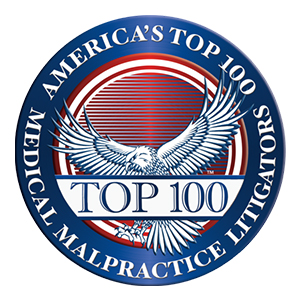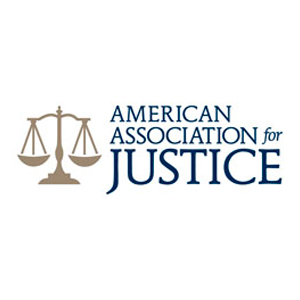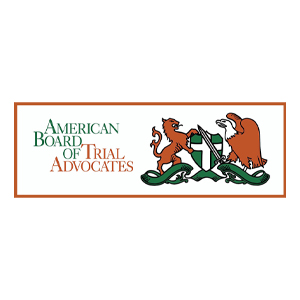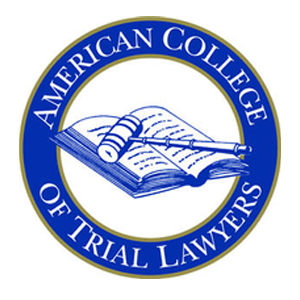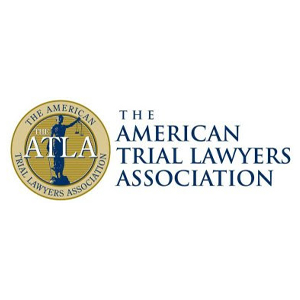The birth of your child should mark the beginning of a wonderful journey. When medical negligence transforms this precious occasion into trauma, Owings Mills families need dedicated legal support.
At Schochor, Staton, Goldberg and Cardea, P.A., our birth injury attorneys have secured substantial compensation for Baltimore County families harmed by preventable medical errors.
We provide the legal representation your family deserves while offering the genuine compassion you need during this difficult time.
Birth Injury Claims in Owings Mills: When Medical Care Falls Short
Not every difficult birth or childhood condition stems from medical negligence. Understanding the difference between unavoidable complications and preventable errors is fundamental to birth injury claims in Maryland.
Medical Negligence vs. Unavoidable Complications
Birth injuries become potential legal claims when healthcare providers fail to follow established medical protocols that would have prevented harm. When Owings Mills medical professionals make mistakes that violate accepted standards of care, families have the right to seek compensation for resulting injuries.
Medical negligence in birth situations typically involves:
- Failure to recognize and respond to signs of fetal distress
- Improper technique during delivery, particularly in challenging situations
- Missed diagnoses of maternal conditions affecting pregnancy
- Medication administration errors during labor or delivery
- Poor communication between healthcare team members
These preventable errors differ fundamentally from unavoidable complications that can occur despite proper medical care. Determining which category your child’s injury falls into requires a thorough medical record review and expert analysis.
Common Examples of Birth-Related Medical Negligence
Our experience with Baltimore County birth injury cases reveals several recurring patterns of medical negligence:
Delayed Emergency Cesarean Sections
When complications arise during labor, timely cesarean delivery often prevents injury. At Northwest Hospital Center and other Owings Mills area facilities, harmful delays sometimes occur due to:
- Failure to properly interpret fetal monitoring data
- Communication breakdowns between nursing staff and physicians
- Inadequate staffing during evening and weekend hours
- Hesitation to perform surgery despite clear warning signs
These delays allow oxygen deprivation to progress, potentially causing permanent brain damage that affects your child throughout their lifetime.
Improper Use of Delivery Instruments
When labor progresses slowly, doctors sometimes employ forceps or vacuum extractors. While these instruments help in specific situations, their misuse causes serious injuries:
- Skull fractures leading to brain hemorrhage
- Facial nerve damage resulting in permanent paralysis
- Brachial plexus injuries affecting arm and shoulder function
Medical standards require proper training and technique when using these instruments. When Owings Mills providers apply excessive force or use instruments in contraindicated situations, they violate basic care standards.
Failure to Monitor Fetal Distress
Electronic fetal monitoring during labor provides vital information about a baby’s oxygen status. When healthcare providers misinterpret data or ignore warning signs, babies experience preventable oxygen deprivation.
This oxygen deficit, even for brief periods, damages developing brain tissue, potentially causing cerebral palsy, intellectual disabilities, or seizure disorders requiring lifelong care. Proper interpretation and timely intervention prevent most of these devastating outcomes.
Medication and Anesthesia Errors
Labor and delivery involve numerous medications requiring precise dosing. Oxytocin (Pitocin) errors can cause excessive contractions, reducing oxygen to the baby. Anesthesia mistakes risk maternal blood pressure drops, affecting placental blood flow.
Double-checking protocols and proper communication prevent most of these mistakes, making such errors particularly clear examples of negligence.
Neglected Umbilical Cord Complications
The umbilical cord provides the baby’s oxygen supply during labor. Complications such as:
- Cord prolapse (when the cord drops through the cervix before the baby)
- Cord compression restricting blood flow
- Nuchal cord (cord wrapped around the baby’s neck)
These situations require prompt recognition and intervention. When Owings Mills healthcare providers miss these warning signs or respond inadequately, preventable injuries occur.
Inadequate Prenatal Care
Some birth injuries stem from mismanaged pregnancy complications:
- Undiagnosed maternal infections that harm the baby
- Untreated preeclampsia threatening both the mother and the child
- Mismanaged gestational diabetes affecting fetal development
When doctors miss these conditions or fail to implement appropriate treatment plans, they create avoidable risks that often result in birth injuries.
Time Limitations: Why Prompt Action Matters
Maryland Courts and Judicial Proceedings § 5-109 establishes strict deadlines for birth injury claims:
- Standard Deadline: Claims must be filed within five years from when the injury occurred or three years from when it was discovered, whichever comes first
- Minor Extension: For children under 11, claims can be filed until their 11th birthday
- Wrongful Death: If a birth injury results in death, claims must be filed within three years of the date of death
Missing these deadlines permanently eliminates your right to compensation, regardless of negligence severity. Early consultation with an Owings Mills birth injury attorney ensures your claim proceeds within these mandatory timeframes.
Parties That May Bear Responsibility for Birth Injuries
Birth injury liability often extends beyond the delivering physician. Our investigations frequently identify multiple responsible parties:
Doctors and Obstetricians
The physician managing labor and delivery bears primary responsibility for:
- Monitoring maternal and fetal health
- Recognizing complications requiring intervention
- Performing appropriate delivery techniques
- Ordering necessary tests and treatments
When obstetricians fail to meet these obligations, they may be held liable for resulting injuries.
Nurses and Midwives
Labor and delivery nurses play critical roles in:
- Monitoring fetal heart rates and maternal vital signs
- Administering medications as ordered
- Communicating concerns to physicians
- Following established care protocols
Similarly, midwives providing care during pregnancy and delivery must meet professional standards appropriate to their role. Failures at this level often contribute to preventable birth injuries.
Anesthesiologists
Professionals administering epidurals or other anesthesia during labor must:
- Evaluate patients for contraindications
- Administer correct dosages
- Monitor maternal response
- Address complications promptly
Anesthesia errors can cause maternal hypotension, reducing placental blood flow and potentially harming the baby.
Hospitals and Medical Facilities
Greater Baltimore Medical Center, Northwest Hospital Center, and other Owings Mills area facilities may bear direct liability for:
- Inadequate staffing levels creating unsafe conditions
- Poor training programs for medical personnel
- Flawed safety protocols or communication systems
- Equipment maintenance failures
Under Maryland law, hospitals also face vicarious liability for employee negligence, expanding the scope of potential recovery for injured children.
Pharmacists and Pharmaceutical Companies
In some cases, medication errors stem from:
- Pharmacy mistakes in medication preparation
- Unclear labeling or instructions
- Manufacturing defects in pharmaceutical products
- Inadequate warnings about medication risks
When these factors contribute to your child’s injury, additional parties may share liability under product liability laws.
Types of Birth Injuries That May Warrant Legal Action
Birth injuries range from temporary conditions to permanent disabilities requiring lifelong care. The most serious injuries frequently form the basis for legal action:
Cerebral Palsy and Hypoxic-Ischemic Encephalopathy
Oxygen deprivation during birth can cause hypoxic-ischemic encephalopathy (HIE), often leading to cerebral palsy, a permanent neurological condition affecting movement, muscle tone, and coordination. Children with these conditions typically require:
- Ongoing physical and occupational therapy
- Specialized equipment and mobility devices
- Adaptive home modifications
- Special educational services
Erb’s Palsy and Brachial Plexus Injuries
Excessive force during difficult deliveries can damage the brachial plexus nerves controlling arm and shoulder movement. These injuries range from temporary weakness to permanent paralysis, requiring multiple surgeries and ongoing therapy.
While many mild cases resolve naturally over time, severe brachial plexus injuries can permanently limit arm function and dexterity, affecting everyday activities throughout life.
Brain Damage from Oxygen Deprivation
Even brief periods without adequate oxygen can cause permanent brain damage affecting:
- Cognitive development and intellectual function
- Motor skills and coordination
- Speech and language abilities
- Behavioral regulation and emotional control
These injuries often require lifelong medical care, therapeutic interventions, and specialized educational support, creating extraordinary financial burdens for Owings Mills families.
Bone Fractures and Physical Trauma
Difficult deliveries can result in:
- Clavicle (collarbone) fractures
- Skull fractures potentially causing brain damage
- Shoulder injuries during dystocia situations
- Severe bruising and internal bleeding
While some fractures heal completely, others cause permanent damage or disfigurement, particularly when improperly diagnosed or treated.
Fatal Birth Injuries
In the most tragic cases, medical negligence during childbirth results in the death of the infant or mother. Maryland’s wrongful death statutes allow surviving family members to seek compensation for:
- Medical expenses incurred before death
- Funeral and burial costs
- Mental anguish and emotional suffering
- Loss of companionship and parental relationship
Subtle or Delayed-Onset Injuries
Some birth injuries aren’t immediately apparent but emerge as developmental delays or other problems months or years later. These include:
- Mild cognitive impairments
- Learning disabilities
- Fine motor coordination problems
- Speech and language delays
When these conditions stem from preventable birth trauma, families deserve compensation to address their child’s specific needs.



























































